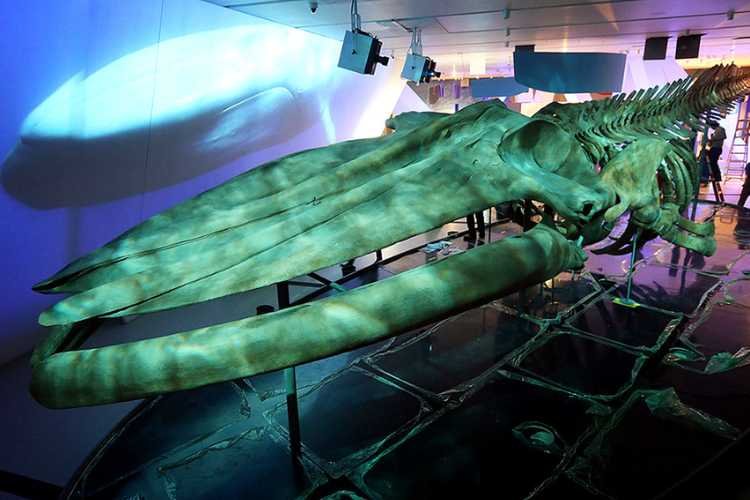BlueWhale Bio, a spinout from the University of Pennsylvania, has emerged with a bold mission to tackle bottlenecks in the manufacturing of cell and gene therapies. The company announced its debut along with the successful raise of $18 million in seed financing. Leading this funding round is the Danaher Corporation, accompanied by notable contributors including Novalis LifeSciences and Marshall Wace.
Recognizing the growing demand for cell therapy products, BlueWhale is committed to developing a technology platform and product lineup aimed at delivering the benefits of cell therapy to a larger number of patients, all while expediting the process and reducing costs, as stated in the company’s press release.
BlueWhale is headquartered in Philadelphia and is under the leadership of CEO Peter Keller. The company’s scientific team boasts prominent figures in the field of immunotherapy, including Carl June, M.D., the Richard W. Vague professor in immunotherapy at Penn’s Perelman School of Medicine, and James Riley, Ph.D., a professor of microbiology at Penn.
“With an increased focus on growth and adoption, cell-based therapies can become the next pillar of medicine. I am thrilled that together we are looking to develop and commercialize a new cell therapy platform to improve patient care and save lives.”
– Carl June, M.D., the Richard W. Vague professor in immunotherapy at Penn’s Perelman School of Medicine
Notably, BlueWhale Bio marks the first company to emerge from the Danaher Ventures Pioneer Program, which collaborates with “leading technology founders” to nurture promising products and services.
The emergence of BlueWhale Bio is part of a broader trend in the cell therapy manufacturing sector. Just a few weeks prior to BlueWhale’s debut, Cellares announced a substantial $255 million series C investment to complete the construction of its commercial-scale cell therapy manufacturing facility in Bridgewater, New Jersey. Furthermore, Bristol Myers Squibb recently selected Cellares’ robotic Cell Shuttle platform for automated manufacturing of a CAR-T cell therapy, indicating a growing interest in advancing the field of cell therapy production. Cellares is set to conduct a proof-of-concept transfer process while BMS evaluates the automated process with comparability data.





























